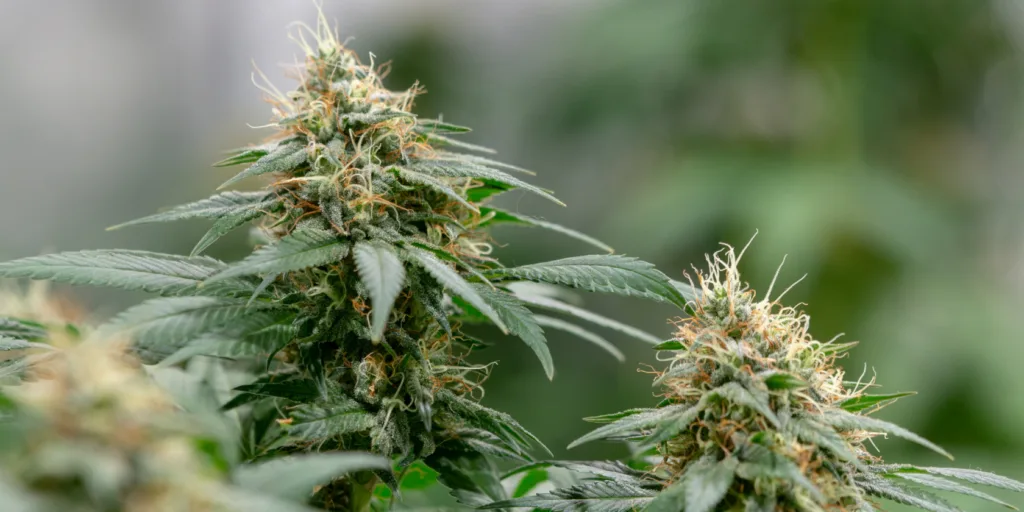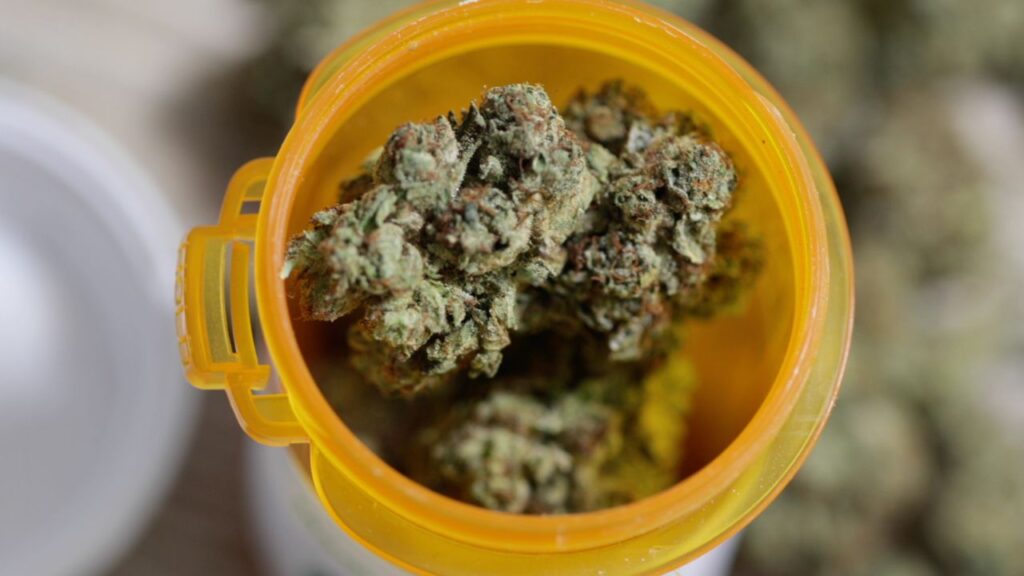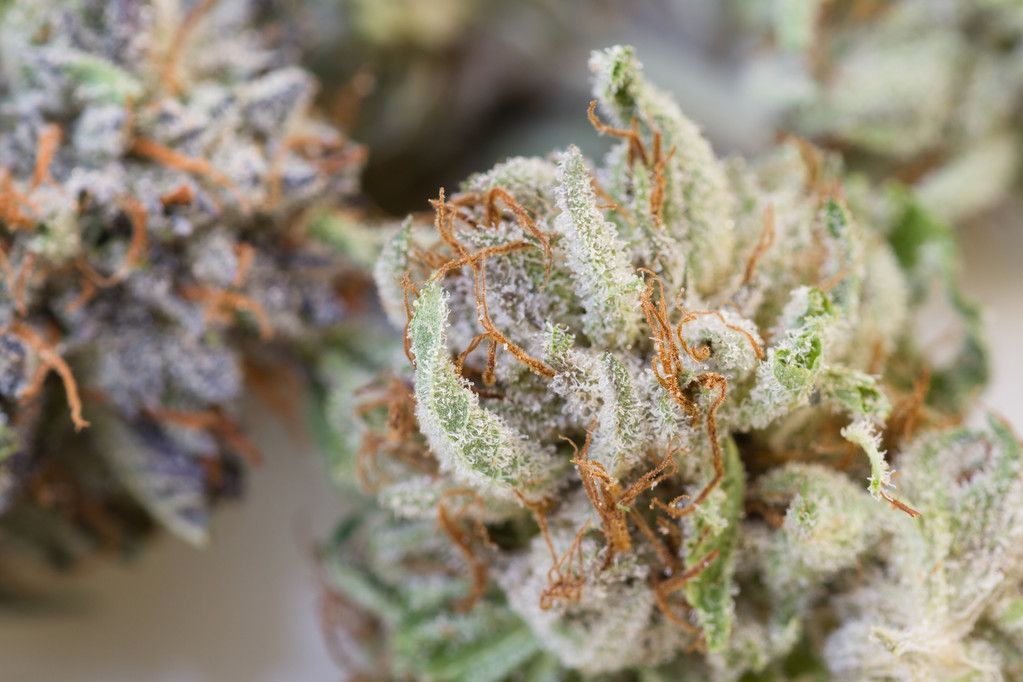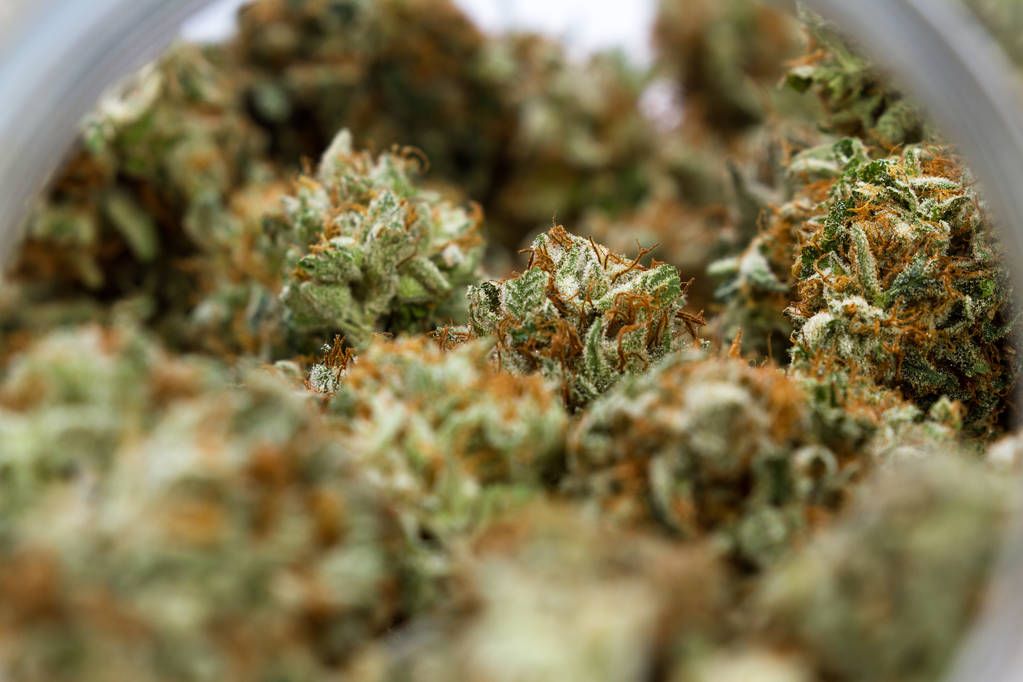Canadians are drinking less alcohol while spending more on marijuana, according to a report released today by Statistics Canada.

The shift marks a record decline in alcohol consumption and continued growth in the marijuana market, according to government data tracking sales trends for the 2023-2024 fiscal year.
Liquor authorities and retail outlets recorded a 3.8% drop in alcohol sales by volume, the largest decrease since Statistics Canada began tracking sales in 1949. Beer saw the sharpest decline, with sales falling 4.5% to 1,950 million liters, marking the eighth consecutive year of decreasing beer consumption. Wine and spirits sales also dropped by 4.8% and 3.9%, respectively. Despite these declines, alcohol prices increased by 2.5% over the same period.
Continue reading











